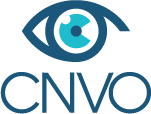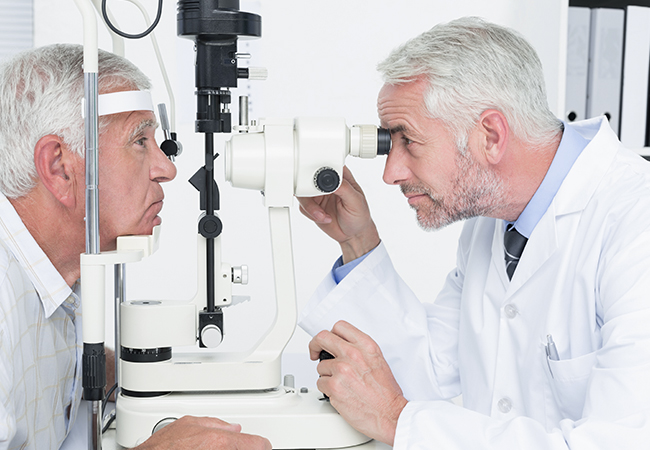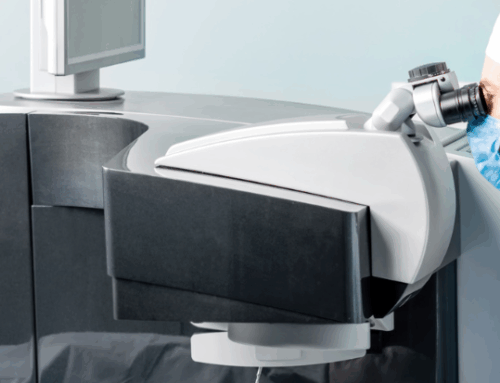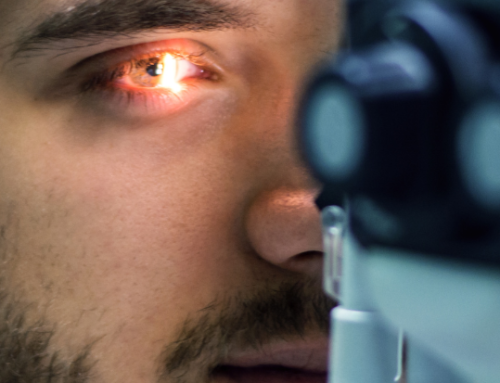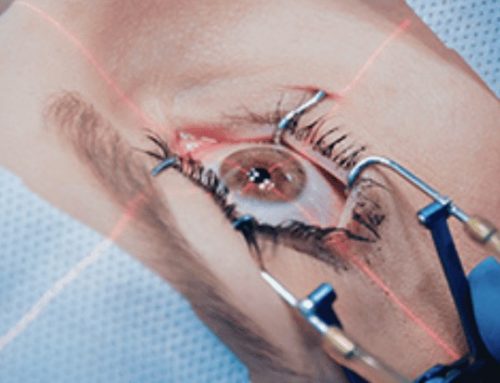When it comes to your eyes, the quality of the intervention is essential. Choosing a good ophthalmologist is therefore important, but not easy. There are key factors in finding a good practitioner near you. How do you choose your ophthalmologist in Yverdon? Here are some tips before you make an appointment.
What is an ophthalmologist?
An ophthalmologist is a practitioner who holds a degree in ophthalmology. He treats all pathologies that affect the eyes and their functioning.
The ophthalmologist is involved in the diagnosis of eye problems and their treatment. In addition to diagnosing symptomatic or asymptomatic diseases related to the eyes, he also acts as a surgeon .
Whether it is a problem of retinopathy, glaucoma, macular degeneration or other eye diseases, the ophthalmologist also performs surgical interventions. The ophthalmologist is able to manage these.

How to find a good ophthalmologist?
There are already a large number of ophthalmologists available, so you now need to be able to choose the right one. The ophthalmologist you choose must not only meet your needs, but must also be experienced, qualified and able to give you accurate recommendations.
Criteria for choosing an ophthalmologist
Everyone has their own criteria for judging the quality of their doctor. Most people attach great importance to the discussion stage before the examination.
It is essential that the practitioner explains things clearly, i.e. without using medical terms, but rather by explaining what he/she is doing and what he/she is seeing.
Other patients will focus on the time spent in the practice with the doctor, the waiting time for appointments, the punctuality of the practitioner.
The first question to ask yourself before choosing your ophthalmologist is what type of doctor are you looking for? For example, there is a big difference between ophthalmologists who are doctors and optometrists who are not.
Ophthalmologists are trained doctors who can provide comprehensive care for your eyes. This includes examinations, refractive surgery, cataract surgery, eye surgery, tests and check-ups and treatment of eye diseases.
Optometrists, on the other hand, are not strictly speaking doctors. They are medically trained and can both diagnose and treat a wide variety of eye diseases. However, they will always refer you to an ophthalmologist for systemic diseases or eye surgery if necessary.
How to choose an surgeon ophthalmologist?
As you will have understood, choosing an ophthalmologist is not an easy thing to do, several criteria must be taken into account. Some will look at the price and services, others at the time of the examination and the punctuality of the doctor. In any case, here is what you should consider when choosing an surgeon ophthalmologist.
Diploma in ophthalmology: a sure thing
The profession of optometrist is first and foremost a profession of optician-monitor, which allows for the renewal of prescriptions and is obtained after 5 years of study. Ophthalmologists can practise and provide the full range of care thanks to a diploma obtained after 10 years of study.
The title of specialist in ophthalmic surgery is obtained after three years of further training in eye surgery and passing the examination. In total, the initial training lasts at least 13 years. The specialist is able to operate under his own responsibility.
It is better to turn to this specialist to avoid potentially making two appointments...
Qualifications are a key factor in choosing an ophthalmologist. Ask about the practitioner's certificates before making an appointment. Under no circumstances is it recommended to go to an ophthalmologist who does not have a recognised licence.
Experience in Ophthalmology: a true sign of quality
The ophthalmologist you choose should have significant experience in their field. This is important because he or she will have seen more patients and will therefore probably be able to provide a more accurate and complete diagnosis.
Moreover, in the case of a major operation (Lasik, glaucoma, cataract), the success rate of the operation will obviously be higher with a good practitioner. This greatly reduces the risk of post-operative complications.
On the other hand, an ophthalmologist will not be as experienced after graduation as he or she will be with many years of experience. As practice is inseparable from theory, it is sometimes better to go to an older ophthalmologist with more experience.
Have quality optical equipment at your disposal
Just like in every doctor's surgery. The equipment in ophthalmology is also important. This is directly related to the quality of care provided during the procedures.
Health and medicine in general have changed a lot in recent years thanks to technology. Some ophthalmologists have a lot of experience, but are not up to date with the latest equipment. Therefore, it is important for an ophthalmologist to have all the equipment required and adapted to his profession.
Indeed, it is not easy to know this before the appointment. These are things that you should check beforehand, on the practitioner's website or call to ask the question directly.
Listening to your patients
The waiting time for an appointment with an ophthalmologist can vary from doctor to doctor. Some of them do not even take new patients anymore. This criterion is surely one of the most important, because even if an ophthalmologist is the best, without availability it will be impossible to get an appointment with him.
It is possible to check the availability of the practitioner by calling his secretary directly, this is the only way to have the answer to this question.
One of the aspects that really makes a difference when choosing an ophthalmologist is dialogue and listening. What patients are increasingly looking for is the development of a personalised follow-up in order to be accompanied over time.

Centre Nord Vaudois d’Ophtalmologie in Yverdon: qualitycare for every patient
An appointment at the CNVO starts with a conversation with the patient to find out the reasons for his visit. This is followed by the vision test phase, assessing the visual field by reading the letter chart. This exercise simulates different distances to gauge how far the patient is able to read.
The doctor will then examine your eye, and the reflections of the images on your cornea, to ensure that it is smooth and normally rounded. He will pay particular attention to the movements of your eyeball, examine the eyelids, their reflexes and the tear glands. Potentially, further tests may be required later, depending on the diagnosis.
Ophthalmic specialists at the service of patients
Founded by Dr Michael Martin, the CNVO has a team of highly qualified and experienced specialist doctors and a team of specialist staff.
A competent team that works to provide excellent care, with the patient always at the centre of attention.
Dr. Michael Martin has over 15 years of experience. He is an FMH specialist in Ophthalmology and Ophthalmic Surgery and is always up to date with the latest scientific knowledge. He will provide you with excellent care, adapted to your specific problem.
At the CNVO, you will be advised by a medical team, from the beginning of the consultation to the follow-up after the operation, according to the most up-to-date scientific ophthalmological knowledge.
Our aim is to provide you with a specific response adapted as closely as possible to your eye problem. The centre is also able to treat ophthalmological emergencies and has a dedicated operating theatre for surgical procedures. We offer an adapted care to our patients.
Dr Michael Martin and his team are pleased to welcome you to the brand new Ophthalmology Centre in Yverdon.
